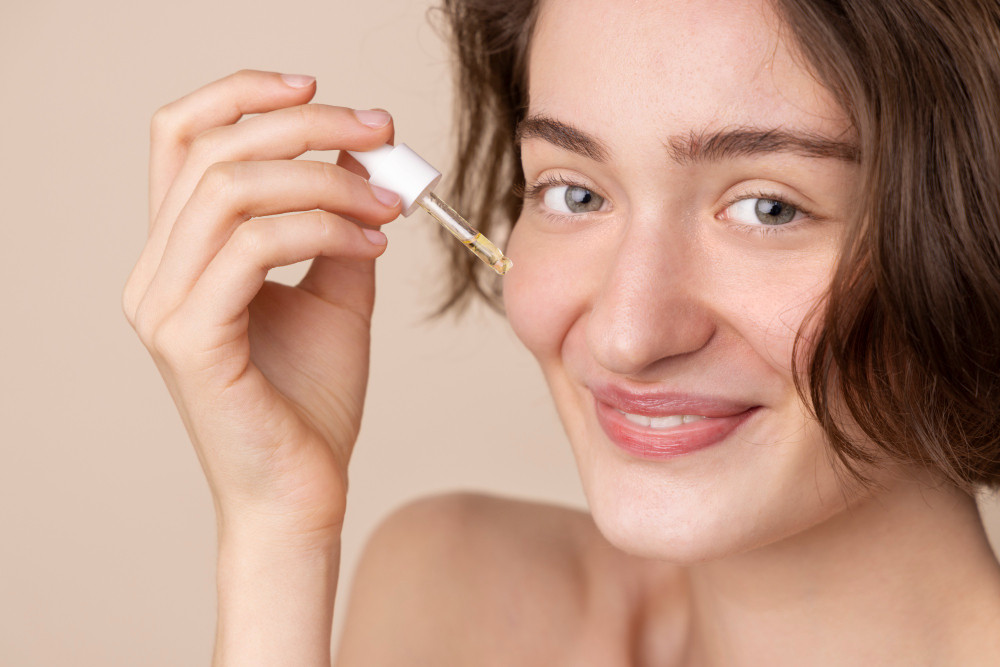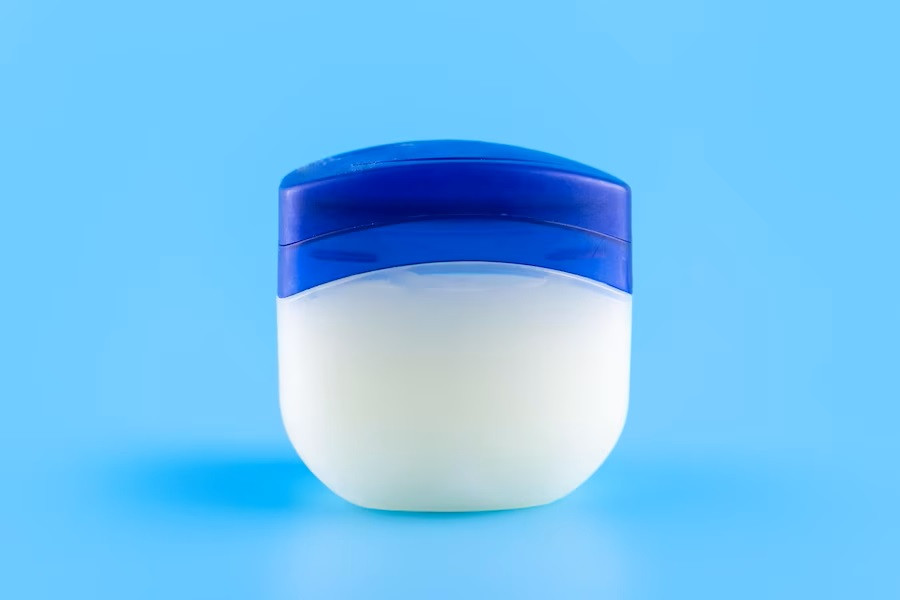Retinol and vitamin C are popular skincare ingredients renowned for brightening the skin and reducing visible signs of premature aging. However, using them together can lead to irritation, particularly if your skin is sensitive. So, what’s the best way to apply retinol and vitamin C on your face? Here are some practical tips.
Tips for Using Retinol and Vitamin C
Retinol and vitamin C are powerful anti-aging agents that help diminish fine lines and wrinkles. Retinol promotes cell turnover, smoothing texture and reducing wrinkles, while vitamin C offers antioxidant protection that shields the skin from damage caused by free radicals.
Some individuals, especially those with sensitive skin, may experience irritation when combining retinol and vitamin C. To minimize irritation, try these application tips:
1. Apply at Separate Times of the Day
According to Byrdie, skincare experts recommend using retinol and vitamin C at different times, not layered. For instance, try applying vitamin C in the morning and retinol in the evening.
Vitamin C is ideal for morning use, protecting the skin against environmental pollutants and free radicals. Retinol, meanwhile, is more effective at night when skin cells are in a regeneration phase.
2. Begin with a Low Dose
Retinol can initially cause peeling, redness, and itching, especially at higher doses. Begin by using a low-dose retinol product just once or twice a week. As your skin adjusts, you can gradually increase both the strength and frequency.
In the beginning, use only one retinol product each day, such as a serum applied at night. Once your skin builds tolerance, you may add other retinol-based products, like a night cream or toner.
3. Avoid Daily Retinol Application
Although retinol is safe for daily use, those with sensitive skin or new to retinol may need a gentler approach. Using retinol every other day or adjusting to your skin’s tolerance can help avoid irritation.
4. Don’t Forget Sunscreen
Retinol can increase the skin’s sensitivity to sunlight. To shield your skin from UV damage, always apply sunscreen with at least SPF 30—even if you’re indoors. Avoid using retinol if you’ll be in direct sunlight for prolonged periods without sufficient sun protection.
Retinol and vitamin C are both excellent for combating aging signs and maintaining skin hydration. However, avoid layering them or using them simultaneously. By applying retinol in the evening and vitamin C in the morning, you can maximize their benefits while reducing the risk of irritation.
For questions about your skin and skincare routines, consult a dermatologist. You can also use the consultation feature in the Ai Care app, available for download on the App Store and Play Store.
Interested in more health tips, first aid advice, and natural home remedies? Click here!
- dr Hanifa Rahma
Krietsch, B. (2024). How to Use Retinol and Vitamin C Together Without Irritating Your Skin. Available from: https://www.byrdie.com/can-you-use-retinol-and-vitamin-c-together-5220358
Sharkey, L. (2020). Yes, Retinol Is Safe — When Used Correctly. Here’s How to Get Started. Available from: https://www.healthline.com/health/beauty-skin-care/is-retinol-safe
Cleveland Clinic. Retinol. Available from: https://my.clevelandclinic.org/health/treatments/23293-retinol
Doyle, A. (2023). 11 Reasons to Add Vitamin C Serum to Your Skin Care Routine. Available from: https://www.healthline.com/health/beauty-skin-care/vitamin-c-serum-benefits
Cleveland Clinic. (2022). What Can Vitamin C Do for Your Skin?. Available from: https://health.clevelandclinic.org/vitamin-c-serum












